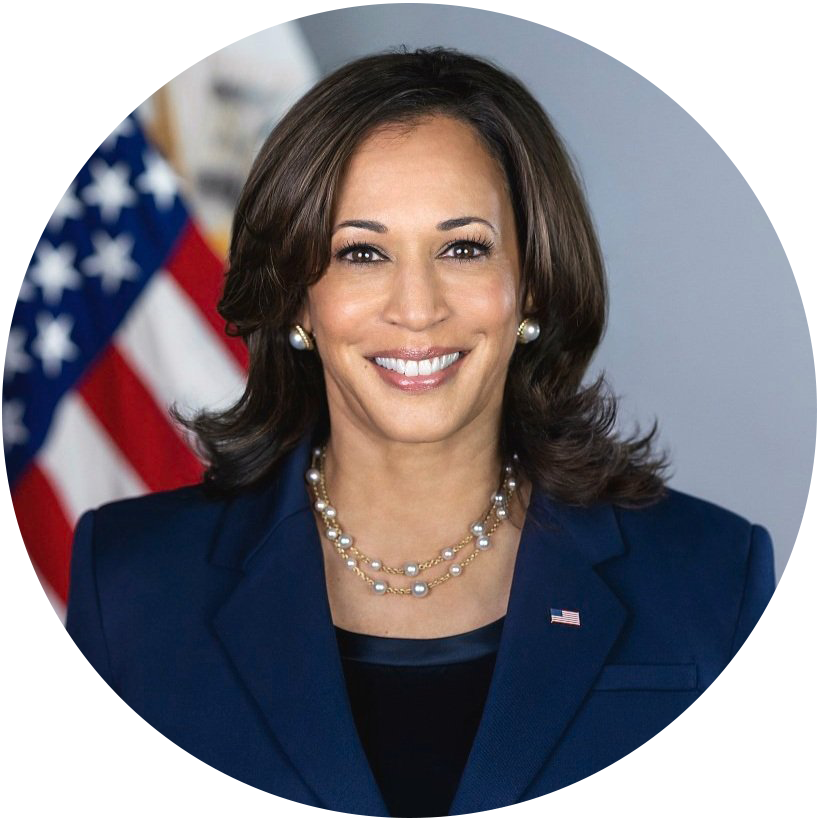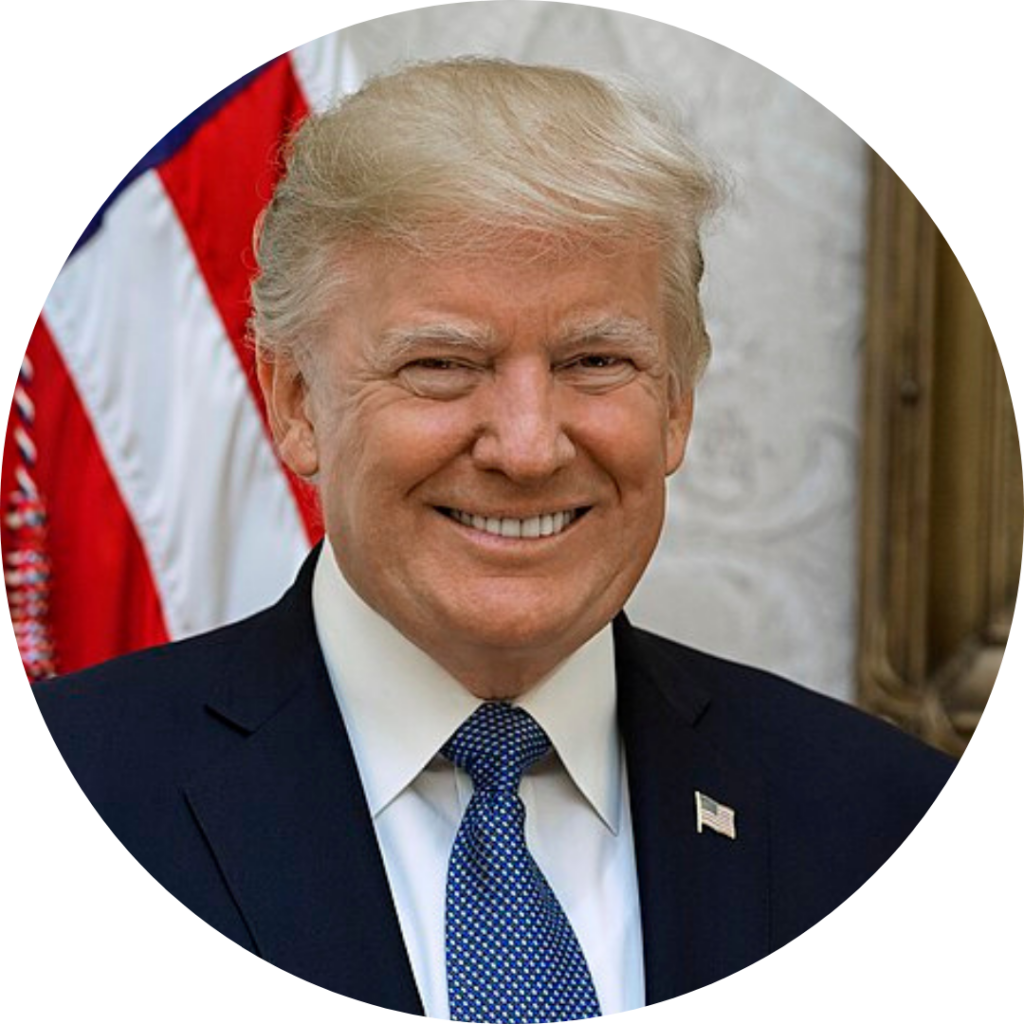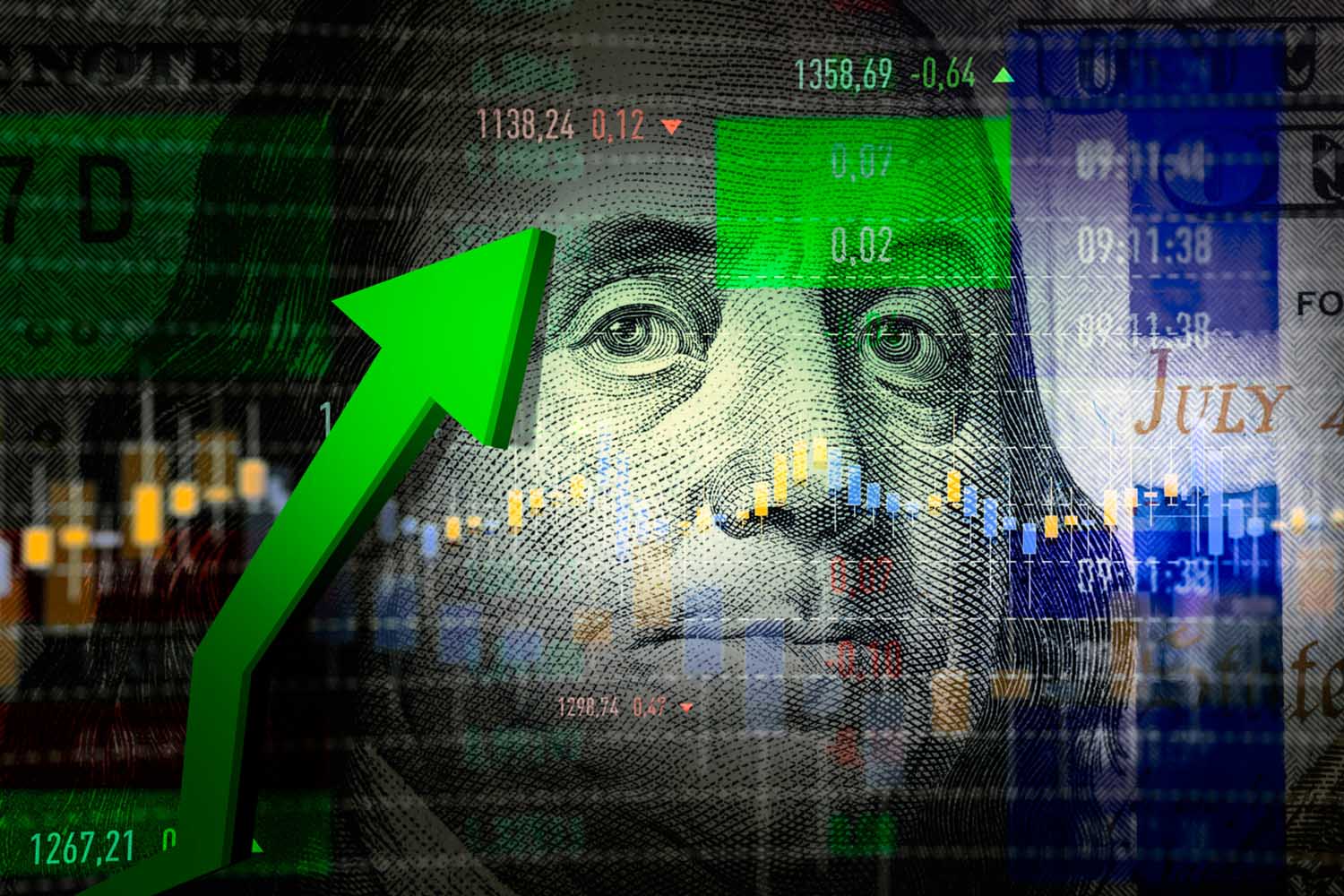Voters’ #1 issue this election is… *drumroll*… inflation.
Unlike other issues, there is near universal agreement on what success in this area means: low inflation (around 2%). This means prices and wages rise slowly and predictably over time.
Low inflation is closely intertwined with Uncle Sam’s other economic goals: low unemployment, growing GDP (Gross Domestic Product is the combined value of all goods and services produced by a country), and a rising stock market.
Here’s where Uncle Sam stands right now:
- 🟢 Stock market: at a record high, up ~25% over the last 12 months (average is ~10%) driven by the technology sector (Nvidia, Apple, Amazon, Microsoft, Google).
- 🟡 Inflation: 3.0%. This is down significantly from its peak of 9.1% in June 2022 but still above the target of 2%.
- 🟢 Unemployment: 4.1% (3%-5% is generally considered “healthy”). Unemployment surged to 14.8% during the pandemic but quickly returned to 3.5%-4%.
- 🟡 GDP: grew 2.5% in 2023 (slightly below the long-term average of 3.15%).
Annual U.S. Inflation

Source: U.S. Bureau of Labor Statistics
While Republicans and Democrats largely agree on what economic success looks like, there’s disagreement on how to accomplish it.
Both Sides
Republicans generally believe that reducing regulations, government spending, and taxes will create the strongest economy. Most believe the free market and individual achievement are the primary drivers of economic prosperity, and they criticize government programs as being inefficient and stifling innovation. Republicans largely blame the high inflation in 2021-2022 on the government’s aggressive spending during the pandemic.
Democrats generally believe that providing equal economic opportunity and reliable social safety nets will create the strongest economy. Most support raising taxes on the wealthiest Americans and corporations to fund social safety nets (e.g., Medicaid, housing assistance, and food stamps), believing that people do their best work when their basic needs are guaranteed. Democrats largely blame corporate greed for the high inflation in 2021-2022.
Candidate Stances

Vice President Harris supports raising taxes on the wealthy and expanding social safety nets. As VP, she has supported several large spending bills (e.g., the $1.9 trillion American Rescue Plan) to stimulate the economy, as well as efforts to crack down on tax loopholes and regulate away junk fees. As a Senator, she supported tax credits for working-class people and raising public school teacher pay through estate taxes on the wealthy.

Former President Trump supports reducing regulations and cutting taxes. While in office, he signed the Tax Cuts and Jobs Act which lowered some individual tax rates through 2025 and reduced the corporate tax rate from 35% to 21%. He added relatively few new regulations and worked to roll back some existing regulations. He’s repeatedly called the Biden economy a “disaster” and promised to fix it quickly.
Eternal Perspectives
Whether the broader economy is struggling or thriving, Christians should give generously of their time, talents, and resources to those in greater need. Seek out opportunities to give what you have away.
“Don’t neglect to do what is good and to share, for God is pleased with such sacrifices.”
Hebrews 13:16 (CSB)
This is part of our Election Collection articles series, created to help Christians grow in understanding and compassion on key issues surrounding the 2024 presidential election.
Last Updated: July 30, 2024


